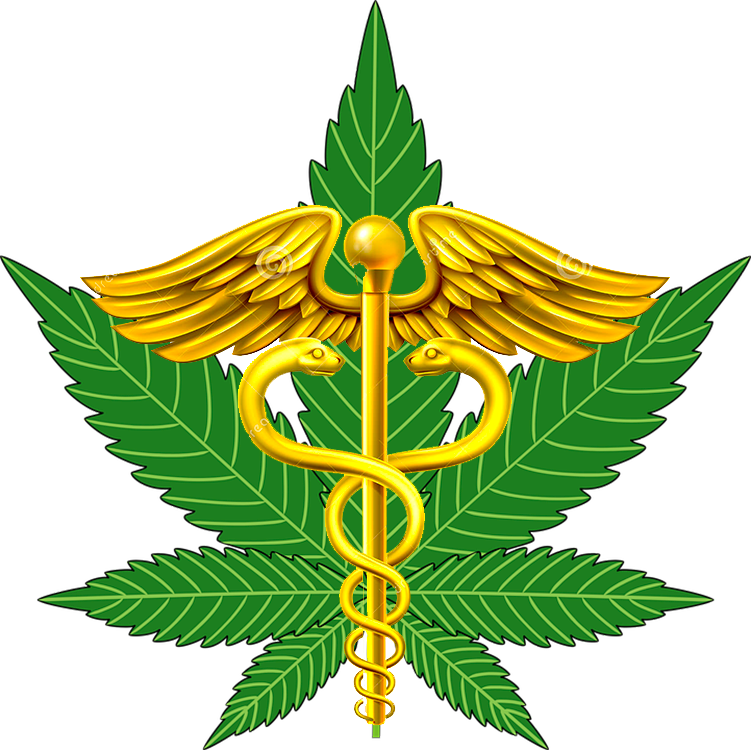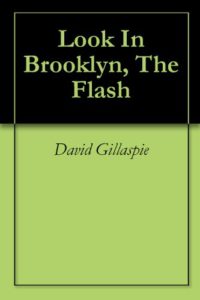
At some point it had to happen: The AARP went front page with weed, calling it medical marijuana.
They covered medical conditions and weed quality and bashful confessions on using weed, marijuana, medical marijuana, cannabis. Pick a name you like.
To this boomer blogger it all sounds so disingenuous.
Why?
Weed has been a public menace ever since law makers decided an anti-weed stance would help them get elected and stay elected.
Marijuana has been a news item for every baby boomer who has heard of The Beatles, and everyone has heard of them.
Unfortunately, too many are still stuck on the anti-weed stance of the past. But that doesn’t make them wrong. Here’s why:
The one answer all doctors give when asked why medicine works differently with different people: “Everyone’s different.”
AARP Freelancer
In her weed article for AARP, health, medicine, and science writer Sari Harrar brought a balanced and thoughtful process to the topic. She knows the ropes:
A move into health and medical writing took me to Rodale, Inc., where I wrote and edited my first health books and became Health News editor for Prevention magazine for six years. At Rodale I won a CASE (Council for the Advancement and Support of Education) Fellowship to learn about targeted cancer therapies at Harvard Medical School. I spent an amazing week interviewing several dozen researchers about this fascinating field.
My take on medical marijuana is more personal, less balanced, but still thoughtful. I didn’t win a Fellowship to learn about targeted cancer therapies at Harvard Medical School, but I did get an insider look when I took the chemo/radiation treatment for HPV16 neck cancer.
After a family intervention during a low cancery period that ended with orders to get my act together or get shipped out to a nursing home or hospital room, medical marijuana was my last resort.
I didn’t expect any effect.
All a weed brownie did was help do what the prescribed opioids couldn’t do: give a pause in the fear and anxiety of cancer treatment. No nursing home, no hospital, just a chance to recover from the dread.
I give Ms Harrar credit for a job well done in AARP. I’ll be contacting her in the near future in regard to my memoir of the times, Licking Cancer in the Beaver State.
The more I work with the manuscript that’s on it’s third edit with Indigo here in Portland, the more I like the title changed to Cooking Cancer in the Beaver State.
Any feelings one way or the other?


